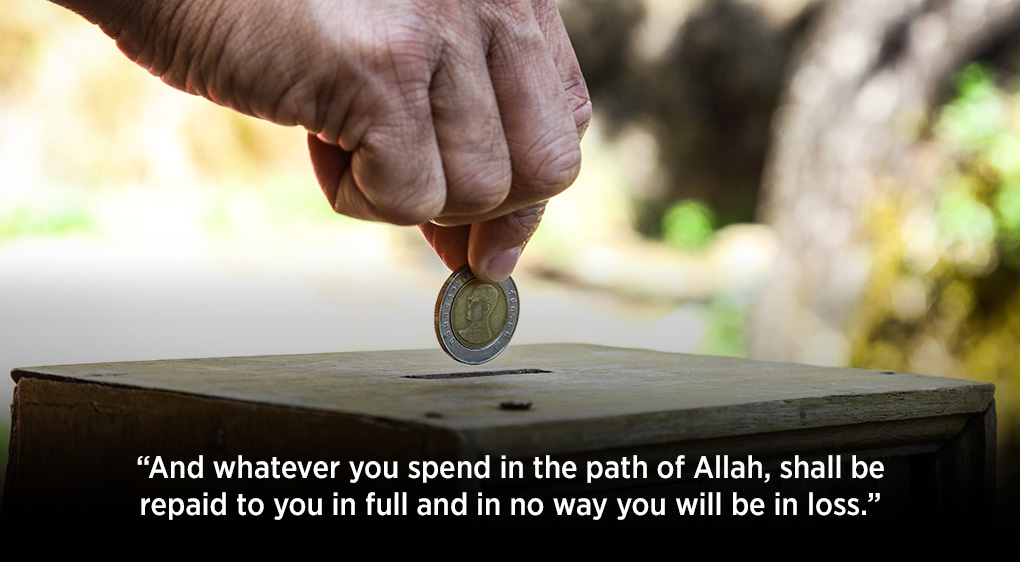
Posted: Oct 27 2021
How You Can Help a
Child in Kenya
Many countries in East Africa are in a state of turmoil. Most are classified as developing countries as residents grapple with conflict, political instability, climate change, widespread poverty, and oftentimes corruption. Kenya is one of those countries, and like so many others, it is the nation’s children who are bearing the brunt of the hardship and adversity.
The Orphans in Need team works in Kenya, providing aid and essential support to people in desperate need of it, with a large part of our efforts focused on children. We can only distribute resources through your donations, and with communities and children facing a combination of intricate issues, assistance needs to be provided in more ways than one.
Here are some of the key issues in Kenya that children are facing, and how you can help alleviate some of the affliction.
Children’s Rights in Kenya
It wasn’t until 1990 that Kenya ratified the UN Convention on the Rights of the Child (CRC). The convention has 54 articles and sets out the principles for child protection worldwide relating to people under the age of 18. There are many different aspects to the CRC, but here are a few fundamental rights:
- The right to education.
- The right to be safe.
- The right to play.
- The right to life.
- The right to be registered at birth.
- The right to freedom of expression.
- The right to be protected from exploitation.
- The right to be protected from abuse and neglect.
Kenya’s ratification to both the UN CRC and the African Charter on the Rights and Welfare of the Child (ACRWC) means that children should be protected from harm and exploitation, but this sadly isn’t the case.
Several acts have been ratified into law, including the Basic Education Act, the Employment Act, the Prohibition against Female Genital Mutilation Act, and the Marriage Act – but all four of these types of crimes persist in Kenya today.
It’s clear that the situation in Pakistan is fragile. You can help innocent children by supporting our Global Orphan Appeal. Unlike other orphan charities, we work to not only build our own orphanages but to help existing orphanages boost their infrastructure and support the children under their care.
We do this by providing numerous forms of support including food aid so that all the children can get a nutritious meal, donating clothing so that every child has decent clothes, paying heating bills so children can stay warm over winter, and building classrooms at schools to extend education programmes.
On top of helping sponsored children in orphanages, we also help single orphans without sponsorship, by providing essential relief to deprived communities. From installing sanitation stations to building better homes and distributing food packages to widows, we aim to give communities the resources they need to be self-sustaining.
The only way we can provide the help and support our orphans desperately need is through our Global Orphan Appeal. We could not do any of this without your support and your donations. You can give once, give monthly or even fundraise for us. No matter how much or how little you give, you will make a positive change in an orphan’s life.
By supporting our Global Orphan Appeal, you will receive the rewards associated with Sadaqah Jariyah as the child will benefit long into the future. You may also donate as part of your Zakat obligation because you will be helping a person in need.
For those who want to make a first-hand difference, consider submitting an application to volunteer with us.
Education and Child Labour
As of 2020, 1.2 million children of primary school age were not in school, most of whom were forced into child labour. Roughly 8.5% of Kenyan children are pushed into work. That’s around 1.3 million children being stripped of their right to an education in favour of working, often in dangerous conditions. Many boys are forced to work in agriculture, whereas girls are commonly sent to undertake domestic work.
Female Genital Mutilation (FGM)
FGM is a grave violation of a girl’s rights. It is sometimes called female circumcision and relates to a girl – usually younger than 15 – undergoing a procedure to remove or cut parts of the female genitals. It is typically performed with no anaesthetic or pain relief and with non-sterile razor blades, shards of glass, or even scissors. There is no health benefit for FGM at all, and it poses several issues that can be lifelong, relating to pain and discomfort.
Child Marriage
Child marriage was only banned in Kenya in 2001, and whilst the Marriage Act of 2014 further criminalised the practice, girls are still being married off before the age of 18. The latest figures date back to 2016 and put the rate of child marriage at 23%. Despite the practice being illegal, almost a quarter of girls are married before their 18th birthday.
Climate change is said to be making the problem worse. As crops fail, people’s livelihoods are on the line. In Kenya, a dowry is given to the bride’s family, usually three camels. The promise of livestock when it is scarce pushes many families to marry off their daughters, usually to men much older than they are. There is no choice for the girls involved, exposing them to STD’s and childhood pregnancy after marriage.
Healthcare Crisis
Most Kenyans live in rural areas, meaning they are often miles away from hospitals and medical centres. Unfortunately, children in Kenya are constantly exposed to disease and need medical attention from a young age. Kenya has a high infant mortality rate, with 32 infants dying out of every 1,000 live births.
On top of this, 4% of children are born with HIV, and whilst in the UK we treat HIV to the point it’s undetectable with a simple pill, this isn’t the case in Kenya. In fact, HIV/AIDS is Kenya’s biggest killer.
How You Can Help a Child in Kenya, Africa
It’s clear that Kenyan children are in need of assistance. Without our help, more children will be forced into work and early marriage, and more children will die from preventable diseases. With your kind donations, we can continue our lifesaving work in Kenya, providing not just orphaned children with support, but children living in the most vulnerable communities, too. Please give what you can so we can continue our work.
On top of this, 4% of children are born with HIV, and whilst in the UK we treat HIV to the point it’s undetectable with a simple pill, this isn’t the case in Kenya. In fact, HIV/AIDS is Kenya’s biggest killer.







